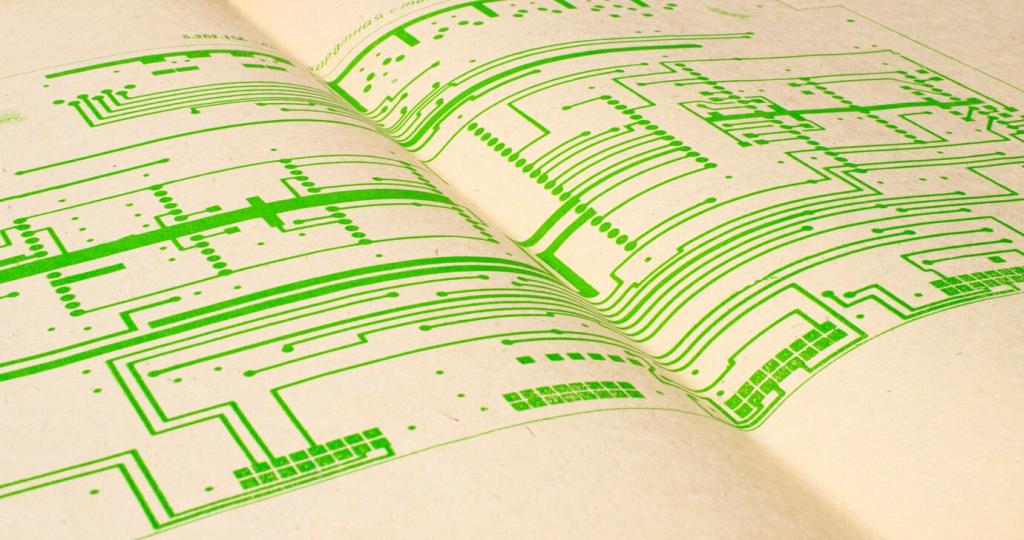
The Intersection of Tech and Circular Fashion
The convergence of technology and circular fashion has sparked a transformative movement within the apparel industry, ushering in innovative approaches to sustainability and resource efficiency. As both consumer demand and regulatory pressures for responsible fashion intensify, brands are leveraging digital tools and smart systems to reshape every step of the fashion lifecycle. The intersection of these fields is not only addressing environmental concerns but is also creating new opportunities for creativity, transparency, and economic value.
Digital Solutions in Material Innovation
Smart Textiles and Recyclability
Smart textiles are revolutionizing the prospects of product life extension and recyclability. By embedding sensors, trackers, and digital IDs into garments, both consumers and producers can access essential information about the material composition and care instructions. This facilitates sorting and upcycling at the end of a garment’s lifecycle, significantly improving recycling rates and reducing waste. The fusion of material science and digital innovation ensures fabrics are designed for longevity, modularity, and seamless reintegration into new products.
AI-Driven Material Sourcing
Artificial intelligence is redefining how materials are sourced and evaluated, maximizing both sustainability and efficiency. Data-driven algorithms analyze the environmental impact, durability, and recyclability of raw materials, guiding manufacturers towards better choices. By simulating possible outcomes before production, AI minimizes excess, prevents overconsumption of non-renewable resources, and highlights fibers that best fit a circular model. This approach ensures that every material entering the supply chain is accounted for and optimized for reuse.
Blockchain for Traceability and Transparency
Blockchain technology offers a secure, immutable record of every step in a product’s journey, from raw material to finished garment. By integrating blockchain into textile supply chains, brands can guarantee the authenticity and sustainability claims of their materials. Consumers benefit from unprecedented transparency, gaining confidence in the ethical and environmental credentials of their purchases. This digital certification supports circular fashion ideals by fostering accountability and enabling seamless tracking during recycling and resale.
Enhancing Lifecycle Management with IoT and Data Analytics
Intelligent Garment Monitoring
IoT devices embedded within clothing collect valuable data about frequency of use, environmental exposure, and overall condition. This information is relayed to manufacturers and consumers alike, providing proactive alerts for necessary repairs or eco-friendly washing practices. By enabling garments to “communicate” their needs, the fashion industry can dramatically reduce premature disposal and encourage behaviors that extend product life.
Predictive Maintenance for Prolonged Wear
Data analytics applied to usage and performance data deliver predictive maintenance schedules for garments. Brands can notify customers when a product is nearing the end of its optimal use or when minor repairs can drastically extend its lifespan. This approach shifts the fashion mindset from disposability to care and longevity, backed by personalized, data-informed recommendations that fuel sustainable consumer habits.
Streamlining End-of-Life Processes
At the end of a garment’s lifecycle, IoT and data analytics support efficient collection and reprocessing. Smart tags not only identify recyclable components but also offer instructions for disassembly or suitable recycling streams. This targeted guidance minimizes contamination in closed-loop systems and ensures maximum material recovery. Data-driven insights further refine future design and recycling strategies, closing the loop and reinforcing circularity.
E-Commerce Platforms Powering Resale and Upcycling
Digital marketplaces specialize in the resale of pre-loved apparel, simplifying the buying and selling process for individuals and businesses. Sophisticated platforms utilize machine learning for accurate pricing, style categorization, and condition assessment, making it effortless for buyers to find high-quality pieces. Through safe payment gateways and seller verification, trust is built in the system, and participation in circular fashion becomes more accessible for everyone.
